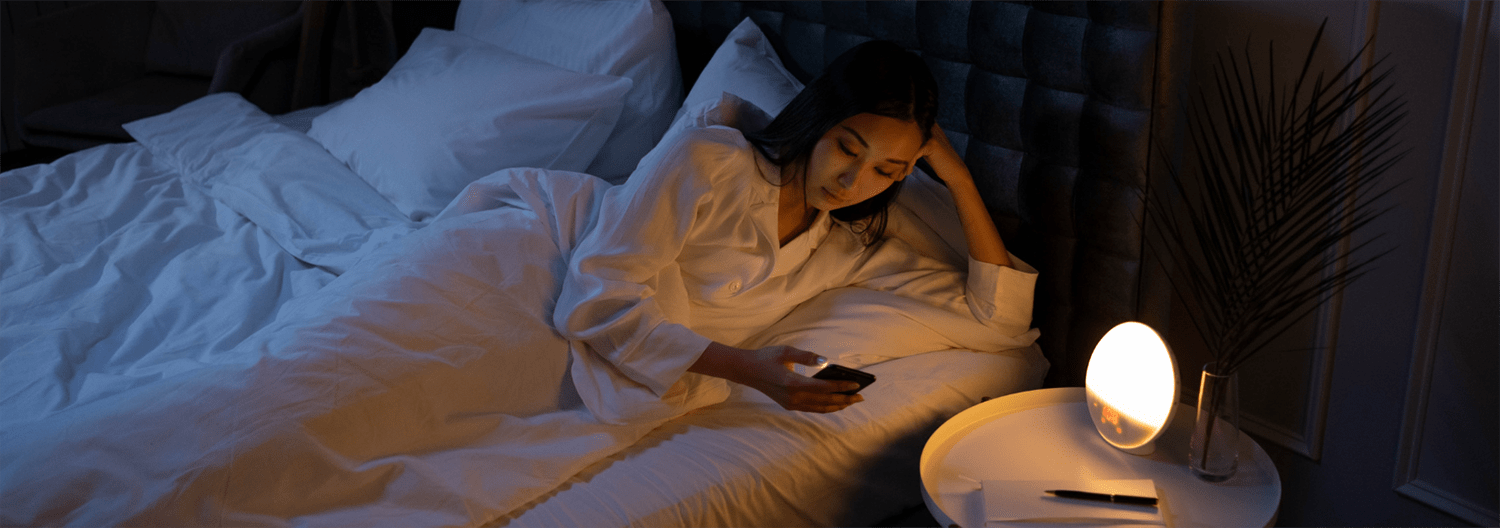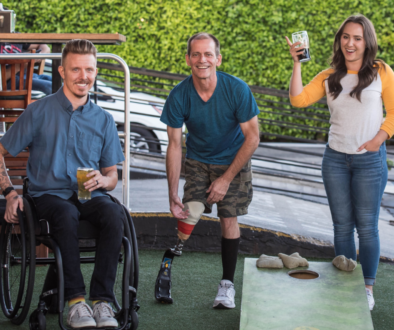
Sleep Deprivation: A Silent Challenge for Event Professionals
For most adults, sleep often takes a backseat to deadlines and deliverables. However, the consequences of sleep deprivation extend far beyond mere tiredness. This article delves into the definition of sleep deprivation, its impact on health and wellness, and offers actionable strategies for event professionals to improve their sleep habits.
What is Sleep Deprivation?
Sleep deprivation occurs when an individual gets less sleep than they need to feel awake and alert. The amount of sleep required can vary from person to person, but generally, adults need between 7 to 9 hours of sleep per night. Sleep deprivation can be acute, happening over a short period, or chronic, occurring over a longer period.
Health and Wellness Consequences
The repercussions of sleep deprivation are manifold and can significantly affect one’s health and wellness. Here are some of the key consequences:
- Cognitive Impairment: Chronic sleep deprivation can disrupt the normal production and regulation of key hormones including growth hormone, cortisol, insulin, and sex hormones. This results in impaired attention, long-term memory, and decision-making skills, and interferes with our ability to learn and retain new information.
- Mood Disorders: Chronic sleep deprivation has been linked to mood disorders such as depression and anxiety. Lack of sleep can exacerbate symptoms of these conditions, which in turn affects other dimensions of wellness.
- Immune System Dysfunction: Chronic sleep deprivation can weaken the immune system, making individuals more susceptible to infections and illnesses.
- Increased Risk of Chronic Diseases: Lack of sleep leads to systemic inflammation, which is associated with the development of chronic diseases like obesity, diabetes, high blood pressure, heart disease and stroke.
- Physical Fatigue: Physical energy levels are significantly depleted, making it challenging to cope with the demands of work and personal life.
- Accidents and Injuries: Sleep deprivation can impair reaction time and coordination, increasing the risk of accidents and injuries. This is particularly concerning for individuals operating heavy machinery or driving.
Improving Sleep Habits for Event Professionals
The demanding nature of event management often necessitates long hours and high-stress levels, which can adversely affect sleep quality and duration. Here are some actionable tips to combat sleep deprivation:
- Prioritize Sleep: Recognize the importance of sleep and make it a priority. Aim for 7 to 9 hours of sleep each night and establish a regular sleep schedule.
- Create a Sleep-Inducing Environment: Ensure your sleeping environment is conducive to rest. Keep the room dark, quiet, and cool, and invest in a comfortable mattress and pillows.
- Practice Relaxation Techniques: Incorporate relaxation techniques such as meditation, yoga, or deep breathing exercises into your daily routine to manage stress.
- Avoid Stimulants Close to Bedtime: Avoid consuming caffeine, nicotine, and other stimulants in the hours leading up to bedtime as they can interfere with your ability to fall asleep. Set a no-screen time buffer for at least one hour prior to sleep – blue light from digital screens affects natural sleep hormones and can disrupt circadian rhythm.
- Exercise Regularly: Regular physical activity can help you fall asleep faster and enjoy deeper sleep. However, try to finish workouts a few hours before bedtime.
- Seek Professional Help: If sleep deprivation continues to be a problem, consider consulting with a sleep specialist who can provide personalized advice and treatment. Other conditions, like sleep apnea, can contribute to poor sleep quality and long-term medical conditions.
Sleep is a non-negotiable aspect of maintaining good health and optimal performance in the event management industry. By acknowledging the importance of sleep and adopting healthier sleep habits, we can significantly enhance our productivity, job satisfaction, and overall quality of life.
Want to share information like this at your next event? Contact us to find out about our learning workshops and other wellness solutions.



